During the thematic session “Arounding the use of AI in poetry and criticism” organized by the Hanoi Writers Association, writers, poets, and researchers gave their opinions on the impacts of artificial intelligence (AI) in the field of literature and the opportunities of AI in poetry and criticism, in order to raise awareness and equip authors with the necessary knowledge and skills about AI.
Artificial intelligence (AI) is developing rapidly and gradually asserting itself as a key, breakthrough technology in the fourth industrial revolution. Technological powers have long built their own AI development strategies, taking this technology as the core to accelerate economic development.
In the past few years, Vietnam has begun to develop and apply AI in various fields, in which AI is being applied more and more in literary creation, fine arts, music ,... and AI amazes the public with its ability to create literature and art.
AI is gradually becoming popular in the field of literature and art. It helps artists be creative, not being constrained by ideas, time, budget... (Illustration photo)
At the meeting, poet Nguyen Viet Chien said that recently, the story of artificial intelligence (AI) writing poetry has attracted public attention. Many people think that AI is just a "poetry machine" so it is emotionless, soulless, does not have the emotions of the heart like humans and does not have the discovery of thinking and aesthetic thinking like humans.
On the contrary, many people believe that AI's poetry writing speed is much faster than humans'. With each poetic topic, AI can finish in just about ten seconds, while humans need a whole day or a whole week to finish a poem.
Recently, many authors have tried their hand at AI. Translator Tran Hau cited two AI poetry translations and he assessed that the AI translation results were not bad. Poet Tran Dang Khoa admitted that AI can write prose and criticism quite well, but AI writes general poetry without "soul"; Poet Nguyen Viet Chien also tested AI, with the topic "Ta cua Xu Doai" - one of his best poems. He gave AI the task of writing 7-word poems, luc bat poems, 5-word poems and found that AI's poems lacked emotional sophistication and lacked impressive depiction of images and especially new creativity in poetic quality.
According to poet Nguyen Viet Chien, AI only processes language based on the association between words and grammar, but does not really understand the deep context of a situation, an event or a topic. This leads to AI poetry that may be grammatically correct but lacks depth of meaning and connection with real emotions. AI relies on large data samples from poems and languages it has learned, but lacks the ability to be truly creative. AI poems often follow a certain pattern, making it difficult to have innovation, originality or unexpected improvisation, the elements that often make a poem unique.
Poetry, on the other hand, is not just an arrangement of words, but also an expression of complex and profound emotions that humans experience. People compose poems from personal experiences, from sadness, joy, loneliness, love, or pain. AI is not capable of feeling and experiencing these emotions, thus lacking true emotional depth. Poetry often uses many symbols and metaphors to convey abstract ideas and emotions in a subtle way. AI can use metaphors learned from data, but it is difficult to understand or create new and unique metaphors without falling into machine or cliché.
Poet Nguyen Viet Chien believes that artistic creation, especially in poetry, is often based on intuition and sudden inspiration. Humans have the ability to break the rules, create new images, or use language in a subtle way to suggest meaning. AI can only rely on learned patterns and is unlikely to create unique expressions without relying on previous data. And AI-generated poems can repeat ideas, images, and expressions that are too familiar. This leads to boredom and a lack of innovation in composition.
Poetry often reflects the specific cultural, historical, and social characteristics of a time or a place. AI cannot fully understand these cultural nuances and may have difficulty reflecting them authentically and subtly in poetry. Humans compose poetry in a specific cultural, historical, and social context. Good poems often reflect the unique, subtle cultural elements of a nation or a period. AI only understands language based on collected data, without understanding the meaning behind those cultural elements and contexts. Although AI can produce well-structured poems, it is difficult to replace the subtlety and emotion of human-written poetry.
Recognizing AI's ability to write prose, criticize and translate poetry into other languages, Associate Professor Dr. Vu Nho said that AI is a scientific achievement, it is a good tool, AI can help us create in many fields, including literature. AI writes poetry very quickly, the time in seconds shows its advantage in this aspect compared to humans, whether they are critics, poets or talented writers.
“AI can write poetry and it’s not bad or silly, it may not be excellent, unique, or as good as talented poets, but it’s still better than average poets. I’m afraid that the poems AI writes for humans, and they send them to some editorial offices, will probably be used because we have a lot of poetry but not many excellent ones,” Associate Professor Dr. Vu Nho said.
However, Associate Professor Dr. Vu Nho emphasized that humans are the decisive factor. Excellent poets, writers, and critics are not afraid of AI competition. If they use AI appropriately and creatively, they will certainly create interesting and unique works.
Analyzing the issue from the perspective of someone who has had a lot of experience with AI, writer Duc Anh believes that a literary work contains 5 elements: creative object, creative subject, artistic space, cultural code and rhetoric. As for AI, AI also has creative object, rhetoric, sometimes cultural code but there are two things it does not have: creative subject and artistic space.
“AI poetry does not have the presence of a creative subject, which is the most important thing in poetry. All the poems that artificial intelligence is currently writing are very good at the thesis level, but beyond the topic that the user gives it, it cannot expand on anything else,” writer Duc Anh shared.
The event aims to raise awareness and equip authors with necessary knowledge and skills about AI.
It can be seen that AI is gradually becoming popular in the field of literature and art. It helps artists to be creative, not being constrained by ideas, time, budget... However, how and in what cases to use AI so as not to affect the rights of authors and genuine artists is something that needs to be considered.
According to writer Vinh Huynh, AI in literature raises questions about the authenticity and creative role of humans in the creative context. Authors can reflect on the impact of AI on their works and the importance of authorial sovereignty. According to the writer, so far, AI is not yet capable of high-level creativity like a profound, elegant writer, but its regenerative power is enough to amaze us.
Opinions at the meeting agreed that in the near future, there may be competition between artificial intelligence and humans, but that will only happen to a certain extent and it cannot be a threat because humans are still the creative subjects and artificial intelligence is still born by humans.
Huyen Thuong (Literature and Arts Times)
Source: https://baophutho.vn/gioi-han-ma-tri-tue-nhan-tao-ai-khong-the-cham-den-khi-lam-tho-222786.htm


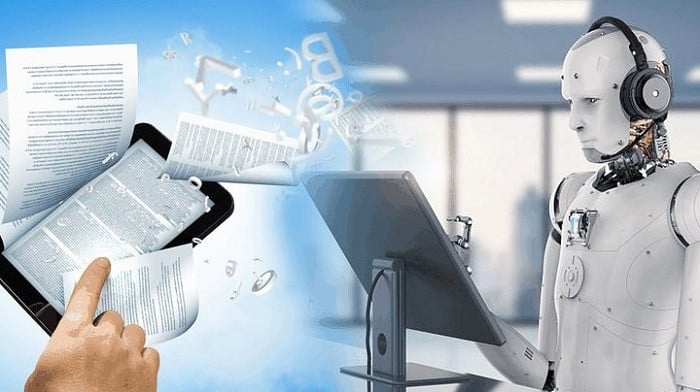
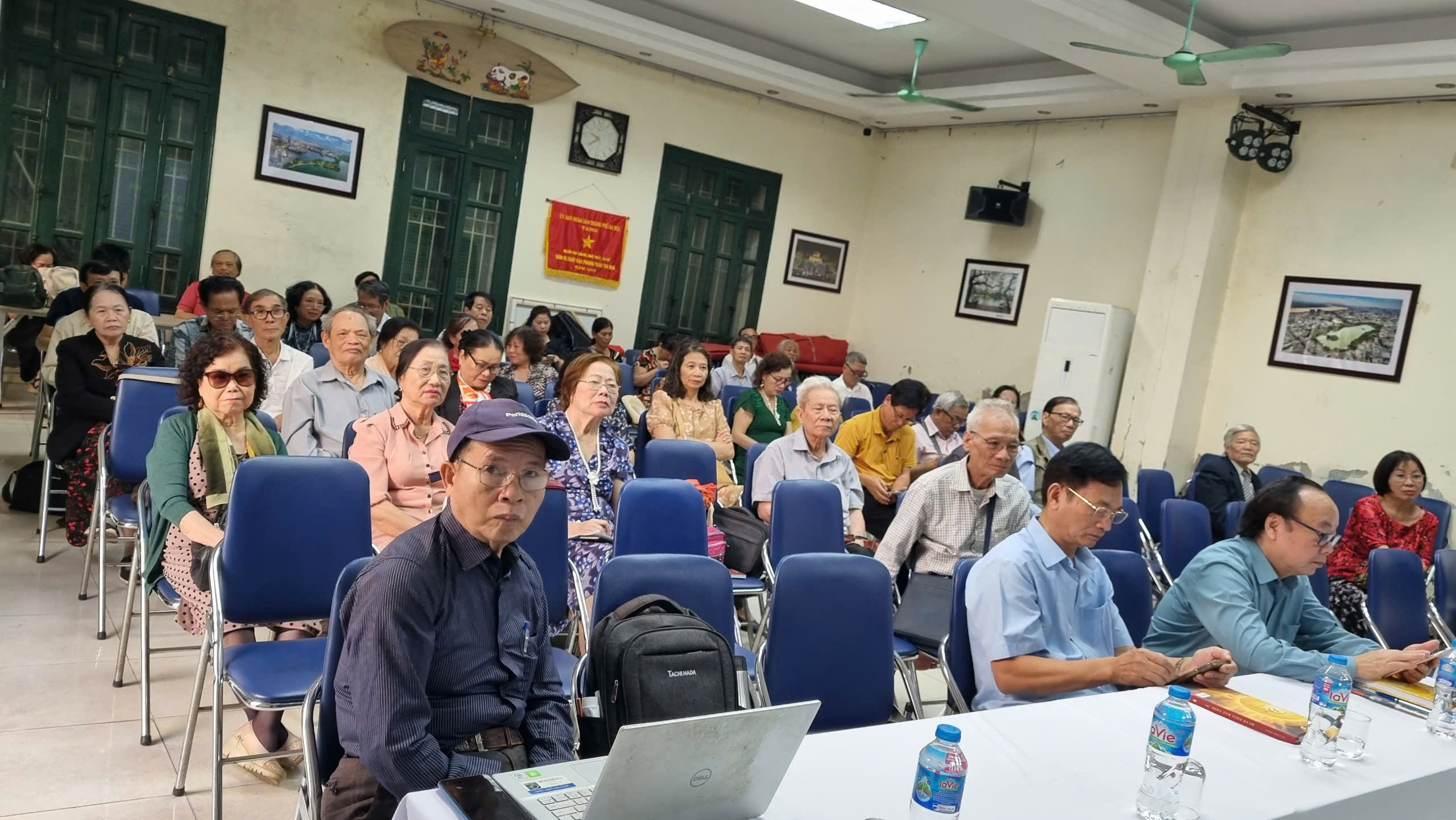

![[Photo] General Secretary To Lam receives the Director of the Academy of Public Administration and National Economy under the President of the Russian Federation](/_next/image?url=https%3A%2F%2Fvphoto.vietnam.vn%2Fthumb%2F1200x675%2Fvietnam%2Fresource%2FIMAGE%2F2025%2F12%2F08%2F1765200203892_a1-bnd-0933-4198-jpg.webp&w=3840&q=75)














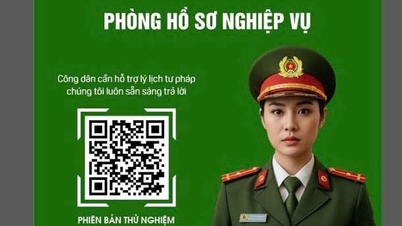
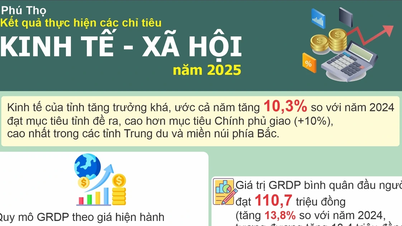


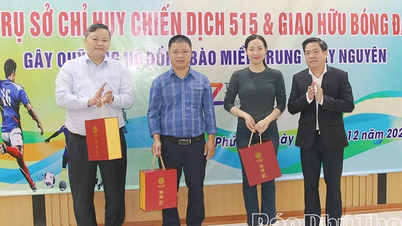

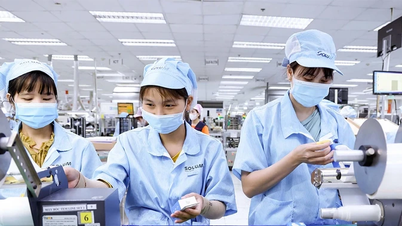
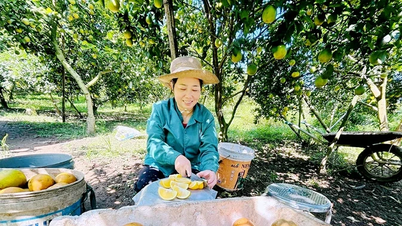




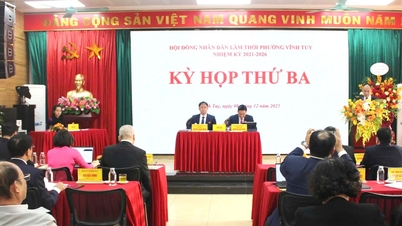
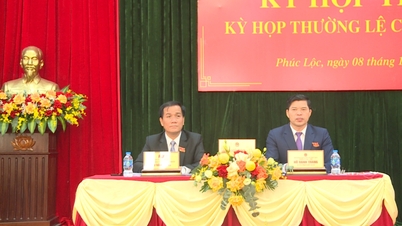
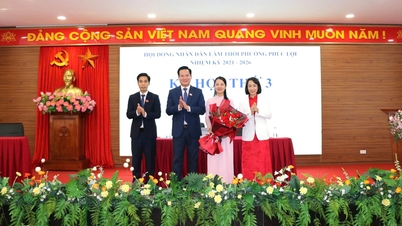
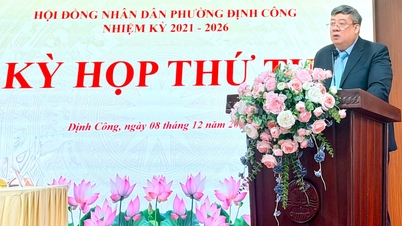
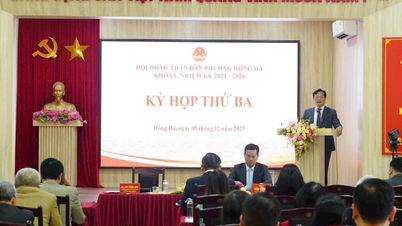
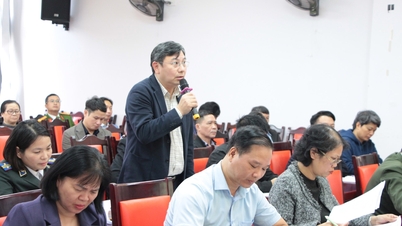
























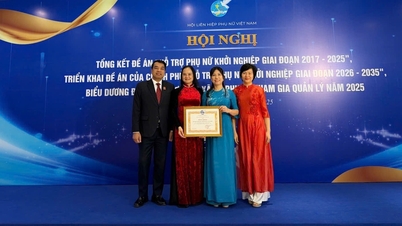













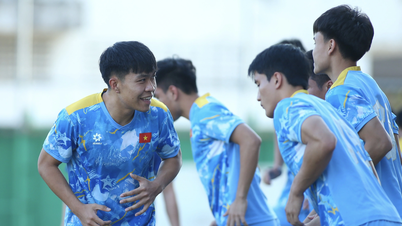

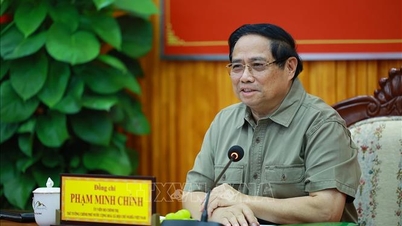

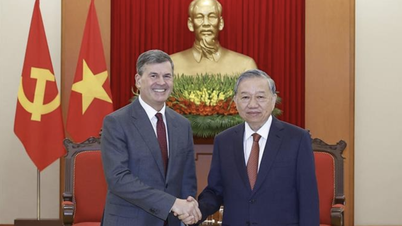


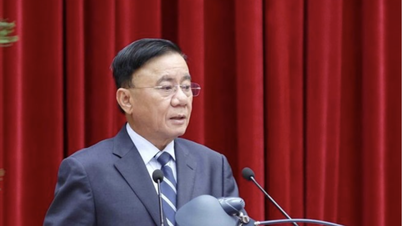


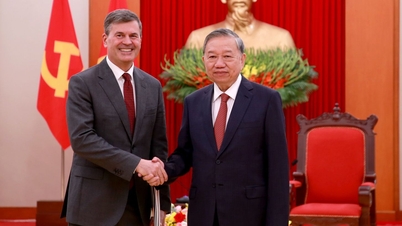








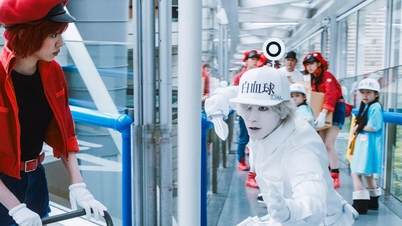


















Comment (0)